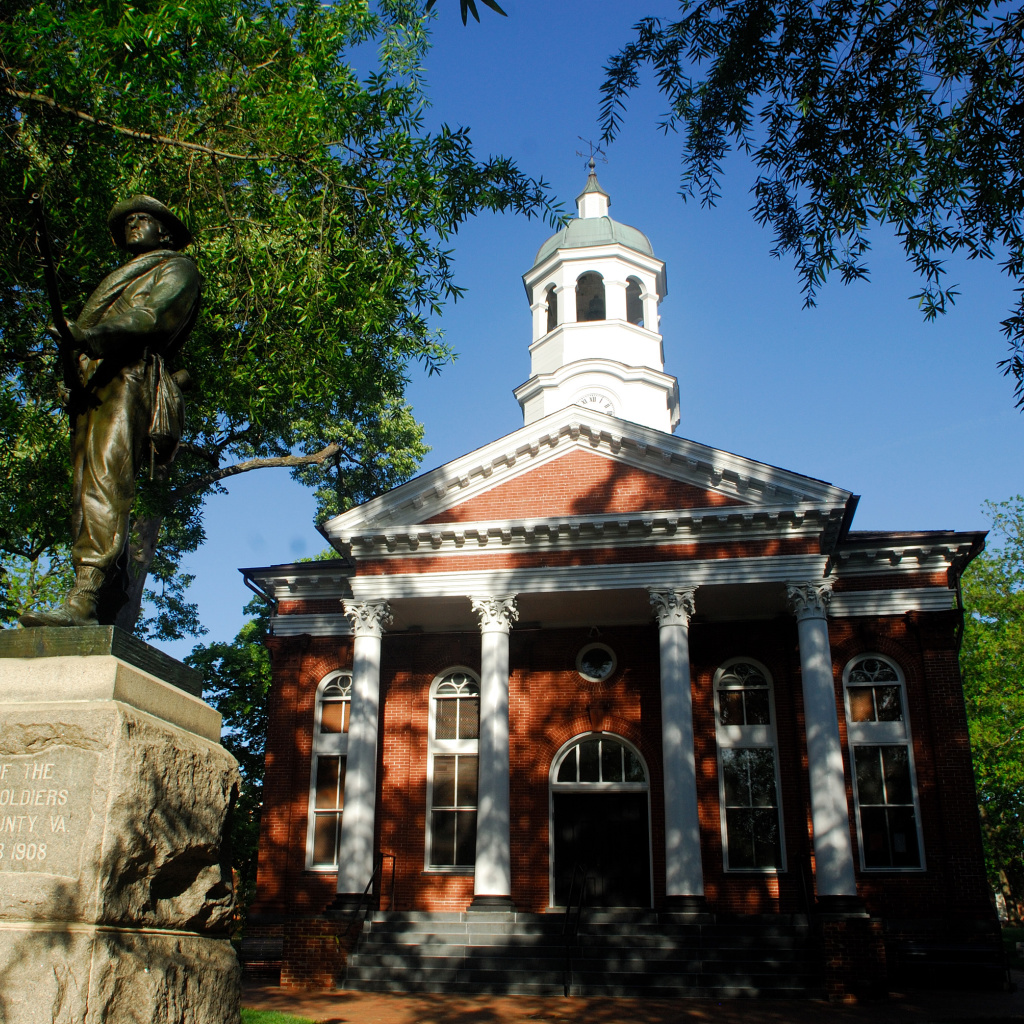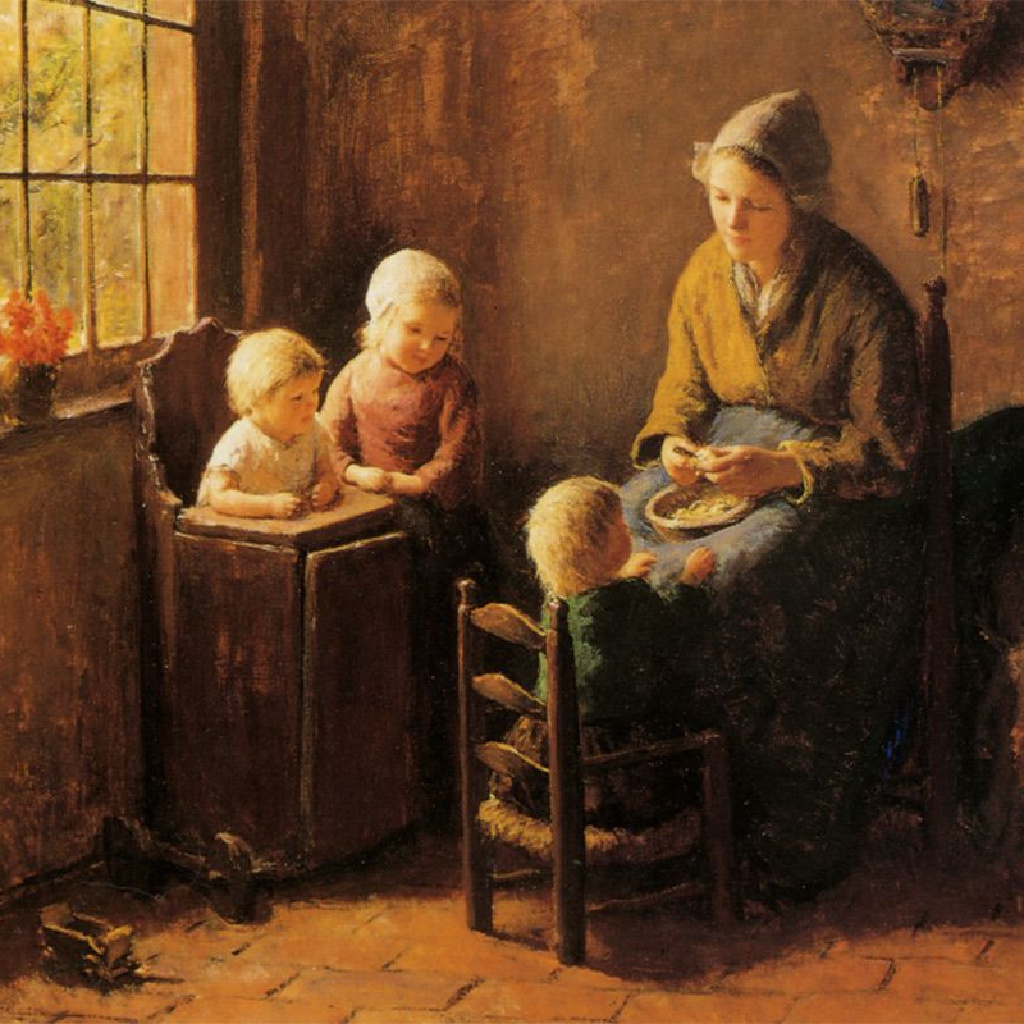Although the word has taken on a pejorative sense among many, woke has become a central part of contemporary American political discourse. Proponents of the concept reflected in Black Lives Matter and other social movements maintain that for too long, the masses have been naïve to the oppression and exploitation that rule society.
Slang for awoken, the etymological origin of the word comes from “awaken”—the opposite of being asleep. As Isaiah anciently said:
Awake, awake, put on strength, O arm of the Lord; awake, as in days of old … Wake yourself, wake yourself, stand up, O Jerusalem, you who have drunk from the hand of the Lord the cup of his wrath, who have drunk to the dregs the bowl, the cup of staggering … Awake, awake, put on your strength, O Zion; put on your beautiful garments, O Jerusalem, the holy city; for there shall no more come into you the uncircumcised and the unclean.
This section of Isaiah is called The Book of Comfort because it attempted to calm Jews during the Babylonian captivity, a calamity wherein they lost their first Temple and were exiled from their homeland. Here, Isaiah can be read as warning against oppressors—foretelling a messiah who will punish evil-doers, bring peace, and strengthen Israel. It is a message of hope, faith, and patience—appealing to any oppressed group longing for a better future. For Marxists one must be aware not of his or her identity as a child of God, but rather as an exploited worker.
Christianity and Awakeness
When Christians wrote the New Testament in the first century after the death of Jesus Christ, they were likewise a struggling oppressed group. Many of these ideas about awakeness from the Hebrew Bible were embraced and became central to Christian theology. In fact, Christians were so steeped in Isaiah that it has been called the Fifth Gospel. And concepts of “awakeness” and sleep appear dozens of times in the New Testament. Just a few examples:
- “But stay awake at all times, praying that you may have strength to escape all these things that are going to take place, and to stand before the Son of Man” (Luke 21:36).
- “For anything that becomes visible is light. Therefore it says, “Awake, O sleeper, and arise from the dead, and Christ will shine on you” (Ephesians, 5:14).
- “Besides this, you know the time, that the hour has come for you to wake from sleep. For salvation is nearer to us now than when we first believed” (Romans 13:11).
- “Therefore, stay awake, for you do not know on what day your Lord is coming” (Mathew 24:42).
- “We do not want you to be unaware, brothers, about those who have fallen asleep, so that you may not grieve like the rest, who have no hope” (1 Thessalonians 13-16).
Followers of Jesus across centuries have been jolted awake by his staggering truth. By embracing His ways, the believer can in many ways rise above wretched social conditions and ultimately achieve salvation. Christians who are “awake” and aware of this truth appreciate that God watches over all and loves all—sensing an obligation to ensure that everyone else can recognize this too. These ideas have played a pivotal role in shaping Western minds and culture—from the Enlightenment to the present day.
This is particularly true of the American black community because it has been more heavily influenced by Christianity than other groups in America. American Blacks are more likely to attend church and are more likely to identify as Christian than any other racial group. Martin Luther King’s “I Have a Dream” speech makes numerous references to the Bible, including Isaiah 40:4, which reads: “Every valley shall be exalted, and every mountain and hill shall be made low, and the crooked shall be made straight, and the rough places plain.” Another important speech from Rev. King was entitled “Remaining Awake Through A Great Revolution”—with a focus on raising awareness about social injustice. In striking contrast to contemporary woke advocates, however, Rev. King openly used God and scripture to justify his positions. For King, justice could not be achieved without God.
Hegel, Marx, and the Wrong Turn
It’s not only through the Judeo-Christian intellectual tradition that the concept of growing awareness (culminating in being “awake”) has been important in American discourse and ultimately to the Black Lives Matter movement and other social movements. Heightened awareness has also played a critical role in left-wing thought in the post-Enlightenment era when some religious concepts waned while others morphed into slightly different yet related forms. For example, G.W.F Hegel drew upon some Christian concepts in the nineteenth century, and he made greater awareness central to his philosophy. He famously declared, “World history is the progress of the consciousness of freedom.” Influenced by Christianity, Hegel asserted that a consciousness or awareness that reached for a kind of absolute knowledge was necessary for the “consummation of history” we’re aspiring towards.
Hegel also influenced Karl Marx, seen by many as the father of contemporary left-wing thought. The professed atheist did read the Bible, and his works make numerous references to the sacred canon. In fact, Marx was brought to Hegelianism by his friend Bruno Bauer, one of Germany’s foremost biblical scholars. During his time at university, Marx took a class taught by Bauer on the book of Isaiah.
Drawing on some Hegelian thought, Marx syncretized or blended Christian ideas with his own political philosophy. Raising awareness became a fundamental Marxist concept, as people were encouraged to grow in consciousness of something like class struggle. Just as Christians pray for awakening to God’s truth, Marxists preach raising awareness of these super structures in society. Whereas one focuses on the spiritual, the other emphasizes economic or material conditions. Marx later acknowledged that his thought wasn’t separate from certain spiritual philosophies; he just turned them on their head—orienting them in a new direction. For Marxists, too, raising awareness is a necessary condition to save humanity from our wretched state. Without raising awareness, humanity will languish in misery.
More specifically for Marxists—and this is where they differ markedly from Christians—one must be aware not of his or her identity as a child of God, but rather as an exploited worker. Raising worker consciousness in this way means recognizing the existence of the pitiful state of humanity, and in Marxist lingo, one’s own individual alienation. Once this is achieved, collective action must be taken to overthrow the capitalist system. Then freedom, equality, and justice will ensue.

This must take place in the political sphere. Marx asserted the primacy of political activity over theological discourse as a means to improve the human condition. The purpose of philosophy, argued Marx, is not to interpret or understand the world, but to change it. Yet in these attempts to improve the world, God is distinctly absent from Marxist political thought and action, so in the awareness they encourage, one can be “aware” at a higher level of consciousness, yet wholly ignorant of God. From the Christian perspective, this creates an impossibility, since true enlightenment comes from God and justice can never prevail in a world devoid of God, no matter how much “awareness” exists. For believers, a world without God will be a world of chaos and division.
Contemporary Discourse and Social Divisions
During the twentieth century in the United States, many black writers applied these Marxist ideas to race—replacing class as the critical group. W.E.B DuBois, Langston Hughes, Richard Wright, and C.L.R. James, among others, used Marx’s ideas to explain racial issues in America, with an emphasis on struggle and oppression. In line with Marx, they characterized American society as inherently oppressive—with a critical need to raise awareness about this reality. The notion of becoming “awake” doesn’t have to push us apart.
Harry Edwards demonstrates how Marxist concepts have shaped some “woke” attitudes and created social divisions. As the architect of the “Black Power Salute” used in the 1968 Olympics, Edwards is steeped in Marxism—having earned his Ph.D. in sociology from UC. Berkeley (a field that has looked back to Marx much like psychology did to Freud). Edwards titled his autobiography “The Struggle that Must Be” (1980). There, he applied Marxist ideas to athletics, as something inexorably bound to society; in his mind, exploitation and oppression dominate both.
Edwards has also roamed the sidelines of San Francisco 49er games for decades, and has tutored Colin Kaepernick, the first professional athlete to refuse to stand for the National Anthem. Their relationship shows how Marxist ideas about awareness spread: Kaepernick acknowledges “Dr. Edwards is a good friend. He is someone I talk to and run a lot of things by and have lots of conversations with.” Edwards returns the compliment: “He [Kaepernick] is evolving through an awakening.” In other words, Kaepernick has become “woke.”
But Kaepernick’s secular awakeness has ultimately created more divisions in America because sports has become yet another way to promote conflict between races and classes. It doesn’t have to be this way. The notion of becoming “awake” doesn’t have to push us apart. That only happens when an acknowledgment of God’s goodness and power is replaced by a skepticism and cynicism about everything around, seeing only power driving everything. In this way, an idea that was originally intended to bring people closer to God has become distorted, in a way that enhances discord and division instead
May we all awake to these hopeful, better, more unifying possibilities sooner than later.
















